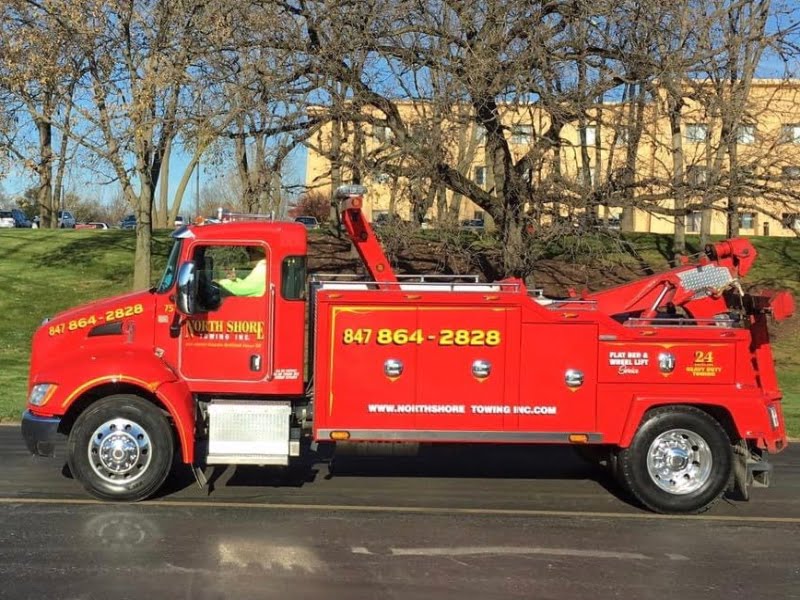When Things Go Sideways
Driving a semi-truck demands skill, attention, and quick thinking. But even the most experienced drivers can encounter a nightmare scenario: jackknifing. This is when the trailer swings out uncontrollably, folding into the cab like the blade of a jackknife. It’s a dangerous situation that can block traffic for miles, cause serious accidents, and put lives at risk. Jackknifing often happens in an instant. Understanding how jackknifing happens and how to prevent it is crucial—especially since incidents on major routes often require complex I-90 semi recovery efforts. With the right precautions, we can reduce the chance of jackknifing and ensure every mile we travel is as safe as possible.

What Is Jackknifing?
Jackknifing happens when the trailer of a semi swings out at an angle, creating a sharp V-shape with the cab. The sudden loss of control makes it difficult to correct the trailer’s position, and it often blocks multiple lanes of traffic.
Causes of Jackknifing
1. Slippery Road Conditions
Wet, icy, or snow-covered roads make it harder for tires to grip the surface. Even light braking can trigger jackknifing in these situations.
2. Sudden Braking
We know that stopping a semi-truck isn’t easy. Braking too hard—especially when the trailer is empty or lightly loaded—can lock the wheels and cause the trailer to swing.
3. High Speed on Curves or Ramps
Curved highway exits and ramps are notorious for truck accidents. Going too fast around a curve shifts the trailer’s weight, increasing the chance of jackknifing.
4. Uneven Cargo Loads
An imbalanced load makes the trailer harder to control. A sudden shift in the cargo’s weight can throw the entire truck off balance, especially during emergency maneuvers.
Preventing Jackknifing
Maintain a Safe Speed
One of the easiest ways to prevent jackknifing is to manage speed. Slowing down on curves, exits, and in poor weather keeps the trailer stable. We’ve found that staying well within the speed limit reduces risks, especially when conditions change quickly.
Brake Smoothly and Early
Abrupt braking causes tires to lock, making jackknifing more likely. We always recommend leaving extra space between vehicles to allow for smoother stops. Using engine brakes or downshifting can also help slow the truck without relying entirely on the foot brake.
Keep Cargo Secure and Evenly Distributed
How cargo is loaded plays a huge role in handling. We always ensure loads are evenly distributed so the trailer remains stable during turns and stops. If weight shifts suddenly, the chance of jackknifing increases. Properly securing freight reduces this risk.
Regular Maintenance for Tires and Brakes
Healthy tires and brakes give us better control in all conditions. On busy highways, where rapid stops and starts are common, ensuring that our equipment is in top shape goes a long way in preventing accidents. A quick tire or brake inspection before heading out makes a difference.
What to Do If Jackknifing Starts
If we feel the trailer starting to swing, there are steps we can take to reduce damage. Lightly easing off the accelerator and steering gently in the direction of the skid can help regain control. Overcorrecting or slamming on the brakes will only make things worse, and the need for I-90 semi recovery more likely.

North Shore Towing: Experts in I-90 Semi Recovery
When jackknifing incidents do happen, fast and reliable recovery is essential. But North Shore Towing has got you covered. Our I-90 semi recovery team can handle tough situations like these. We know how critical our I-90 semi recovery service is to get the highway clear and traffic moving again.
Jackknifing can be a frightening experience, but with the right precautions, we can reduce the risk. And when accidents happen, North Shore Towing is ready with expert I-90 semi recovery services to get you back on track. Call us to handle all your I-90 semi recovery needs.

